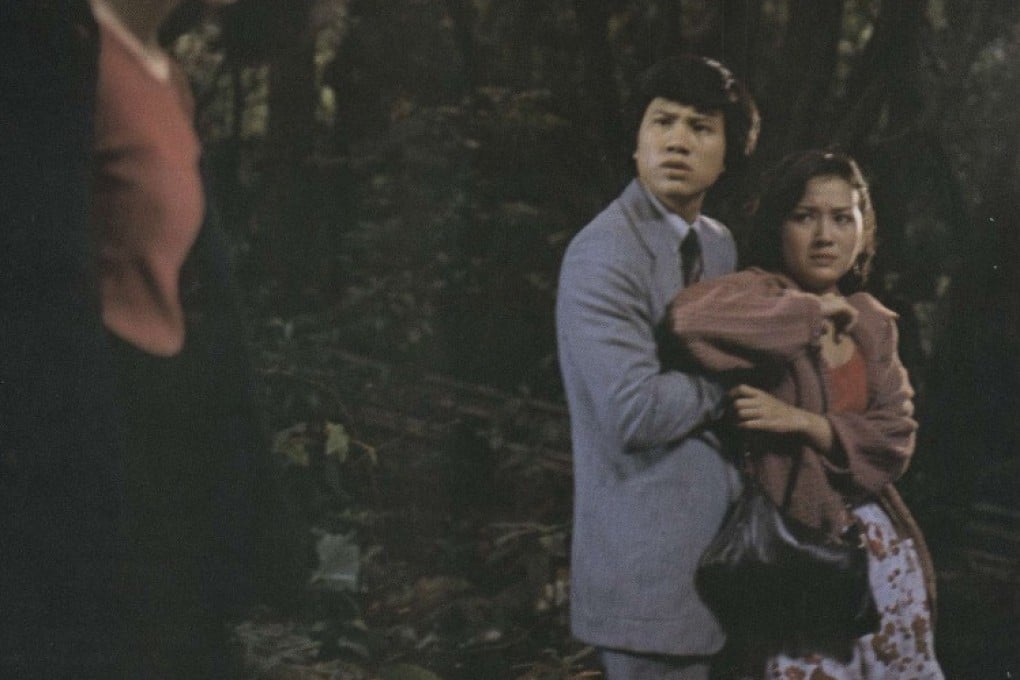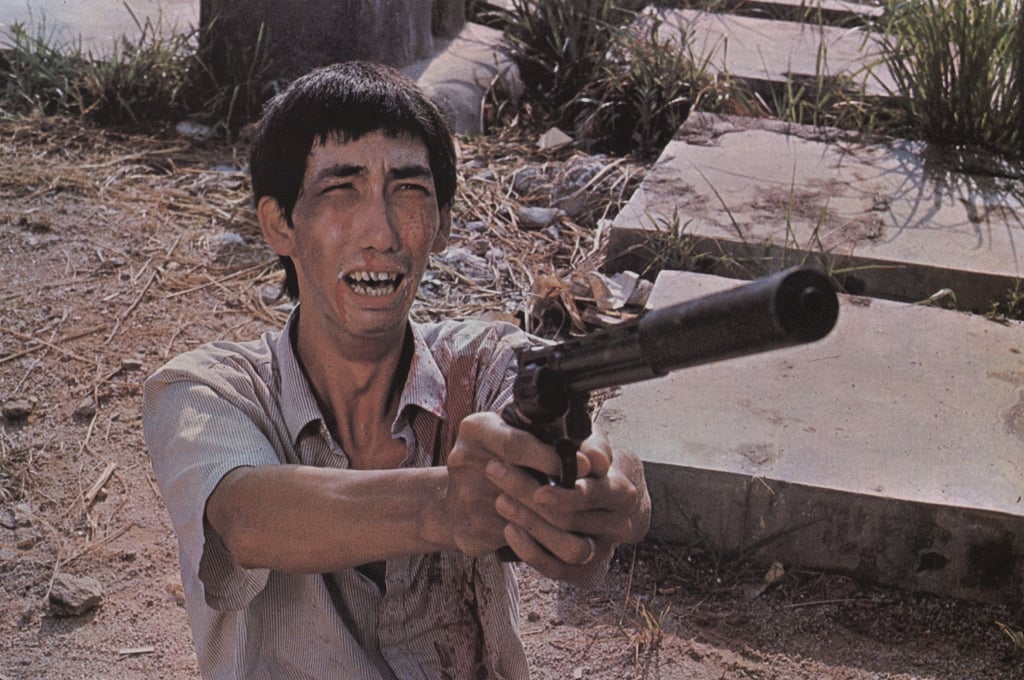Explainer | Who led cinema’s Hong Kong New Wave? The directors, from Tsui Hark to Ann Hui, their movies and how they changed filmmaking in the city
- A new breed of filmmakers who wanted more than kung fu movies emerged in the 1970s after Bruce Lee’s death, and forever changed the Hong Kong film industry
- We recall the Hong Kong New Wave’s big players, from Patrick Tam to Ann Hui and Tsui Hark, their roots in television and focus on modern techniques and subjects

The Hong Kong New Wave of the late 1970s and early 1980s is spoken about with reverence today. We look at the directors and the films that changed the course of filmmaking in the city.
What exactly was the Hong Kong New Wave?
In a nutshell, it was a group of young filmmakers with new ideas and modern techniques who brought Hong Kong films up to international standards in terms of production values and stories.
“In the mid-1970s, the ranks of film and television were joined by a number of filmmakers who eventually changed Hong Kong films,” wrote influential critic Law Kar in his book Hong Kong Cinema: A Cross-Cultural View.

“Determined to use modernised cinematic language, they managed to update a film industry that had been mired in increasingly archaic ways,” wrote Law, who once worked alongside filmmakers like Hui at Hong Kong broadcasting company TVB.